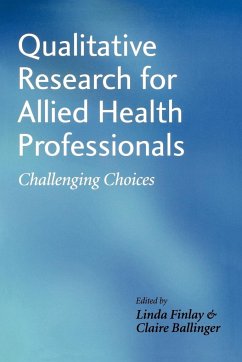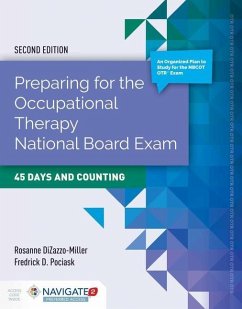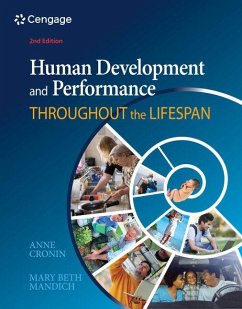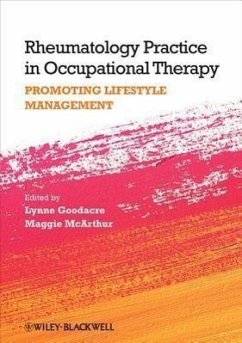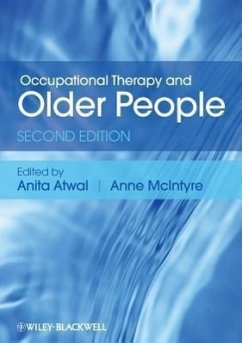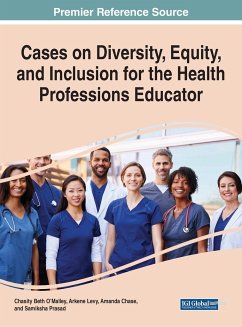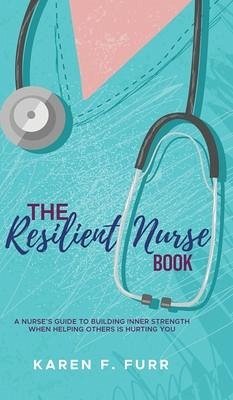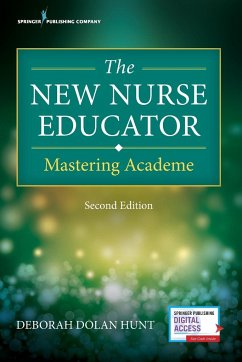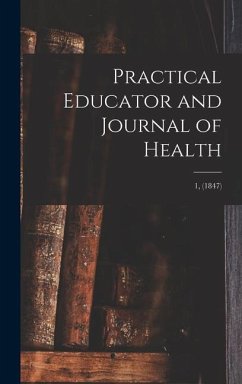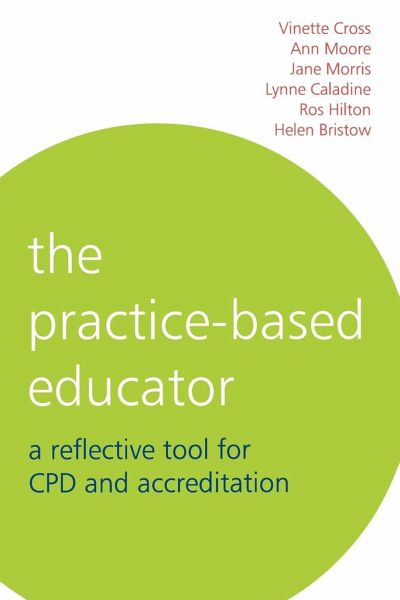
The Practice-Based Educator
A Reflective Tool for Cpd and Accreditation
By Ann P. Moore, Lynne Caladine, Jane Morris et al.

PAYBACK Punkte
36 °P sammeln!
Development of high quality health professionals depends upon high quality learning experiences in the practice environment. This is acknowledged by increased emphasis on quality assurance in practice-based professional education, and in calls for accreditation of practice-based educators. Inevitably this has major benefits for patient/client populations utilising healthcare services. The Practice-Based Educator - A reflective tool for CPD and accreditation builds on an earlier book, The Clinical Educator - Role Development by Ann Moore, Ros Hilton, Jane Morris, Lynne Caladine and Helen Bristo...
Development of high quality health professionals depends upon high quality learning experiences in the practice environment. This is acknowledged by increased emphasis on quality assurance in practice-based professional education, and in calls for accreditation of practice-based educators. Inevitably this has major benefits for patient/client populations utilising healthcare services. The Practice-Based Educator - A reflective tool for CPD and accreditation builds on an earlier book, The Clinical Educator - Role Development by Ann Moore, Ros Hilton, Jane Morris, Lynne Caladine and Helen Bristow. Published in 1997, it proved to be a valuable resource for practice-based educators in the Allied Health Professions. This new book updates the background and context of practice-based education. It includes an extensive section on techniques and methods as well as a troubleshooting section. This uses vignettes to explore some reasons why things might go wrong in practice-based learning interactions, and sugests ideas for dealing with problems such as: * learner alienation in the practice-based learning environment * match and mismatch between learner stage of development and educator approach * fear and failure in the practice-based learning enviroment * the 'blocked learning cycle' At the end of each chapter, proformas linked to specific learning outcomes are provided. These draw on readers' application of reflective activities in the chapter to their own practice as educators and learners. Learning in each chapter can be linked to a set of generic outcomes for accreditation. In this way readers can build a portfolio of evidence to use in any subsequent application for formal accreditation. This practical text will provide an easily accessible resource for health professionals involved in practice-based education at a variety of levels.





